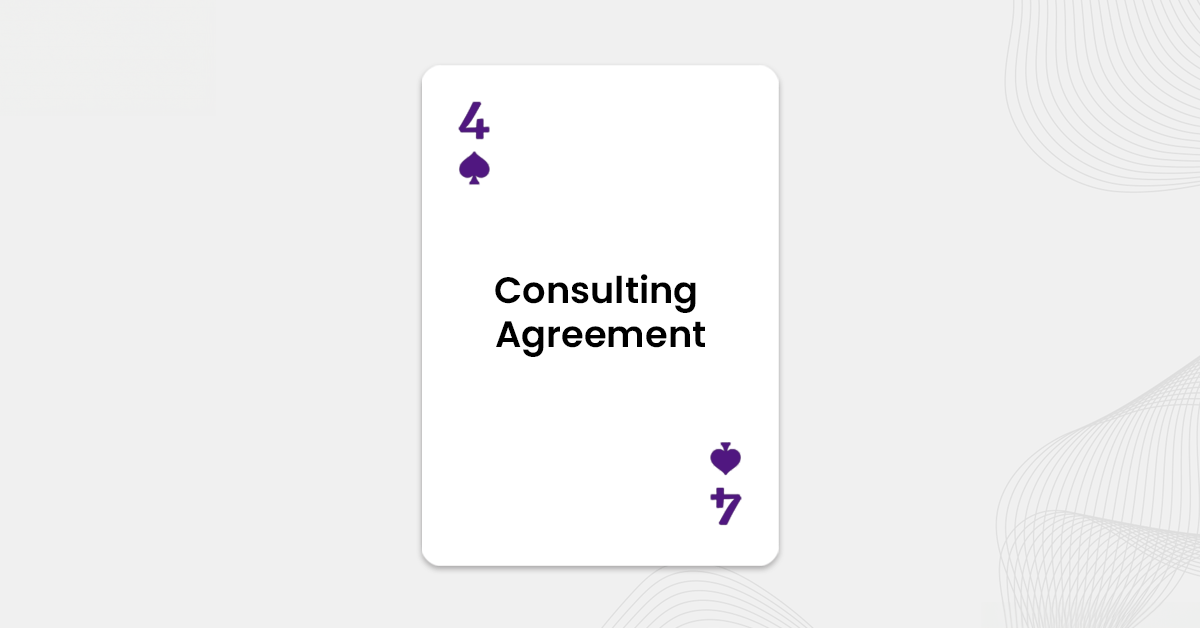(Note: This post was initially published on LinkedIn, and the following iteration is a syndicated and updated version of the same.)
Small businesses often fail to engage consultants using a written agreement that defines the parties’ objectives, terms, activities, and expectations.
Small businesses sometimes prefer oral agreements and ad hoc conversations to avoid what they perceive as awkward or difficult interactions with consultants. But no up-front written agreement often means misunderstandings, conflict, and even legal disputes.
Scope and Variety of Consulting Services in Modern Businesses
Consulting agreements aren’t just the domain of big business.
Smaller companies, which are understandably crushed with multiple pressing matters, and lack the resources of larger companies, particularly need to be cautious working with specialists.
A consulting agreement is a written contract that outlines the terms and conditions of a service provider.
But in conversations with customers, we’ve discovered they believe services mean professional support like legal and accounting. But consultants come in all shapes and forms, wherever the efficiency of the business is at stake. That includes IT, HR, security, marketing, architecture, environmental, and more.
In our gig economy, where there are a variety of freelancers offering all means of improving the effectiveness of companies, consulting agreements are more important than ever.
Key Components of a Consulting Agreement
No matter the service, the components of a consulting agreement are generally the same: The identities of the business and consultant; their contact details; a description of the work (i.e., scope); the term of the service; the process for handling unforeseen changes; conditions for termination; compensation, expenses & billing; the applicable law; how conflicts and disputes will be addressed; who will own any IP created during the engagement; and how confidential information will be handled.
Consulting agreements vary in how the service is described.
Some are purposely specific, while others can be vague. While we don’t provide legal opinion, generally the best practice is to be as precise as possible, so everyone is on the same page and there are no misunderstandings.
No single consulting agreement works for every type of engagement.
Sometimes consulting agreements need to be customized. Generally, we’ve found that terms involving liability, indemnification, legal expenses, and return of property may be unique to certain consulting agreements.
Keep in mind that consulting agreements shouldn’t be prepared in a vacuum.
You may already be using employment agreements, confidentiality agreements, and NDAs that use language similar to that you wish to use in your consulting agreements. So, it makes sense to review these contracts together for consistency and to avoid gaps.
Wrapping It Up
Consulting agreements are critical to small business success.
Putting the details of an engagement in writing clearly defines the anticipated work, its terms and cost. And puts both parties on notice of incomplete work, its consequences, and the means to reconcile, demand relief, or simply walk away.




